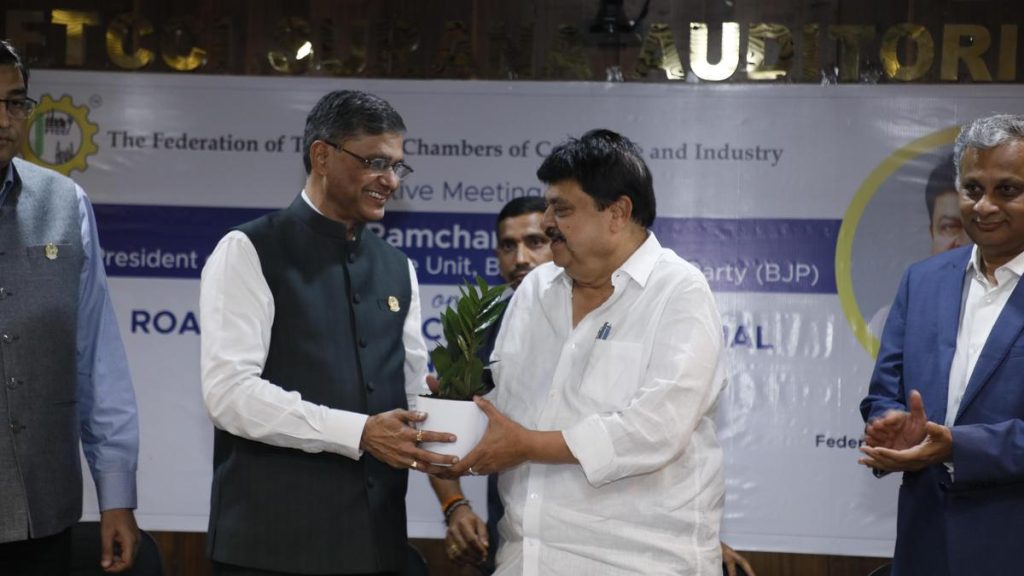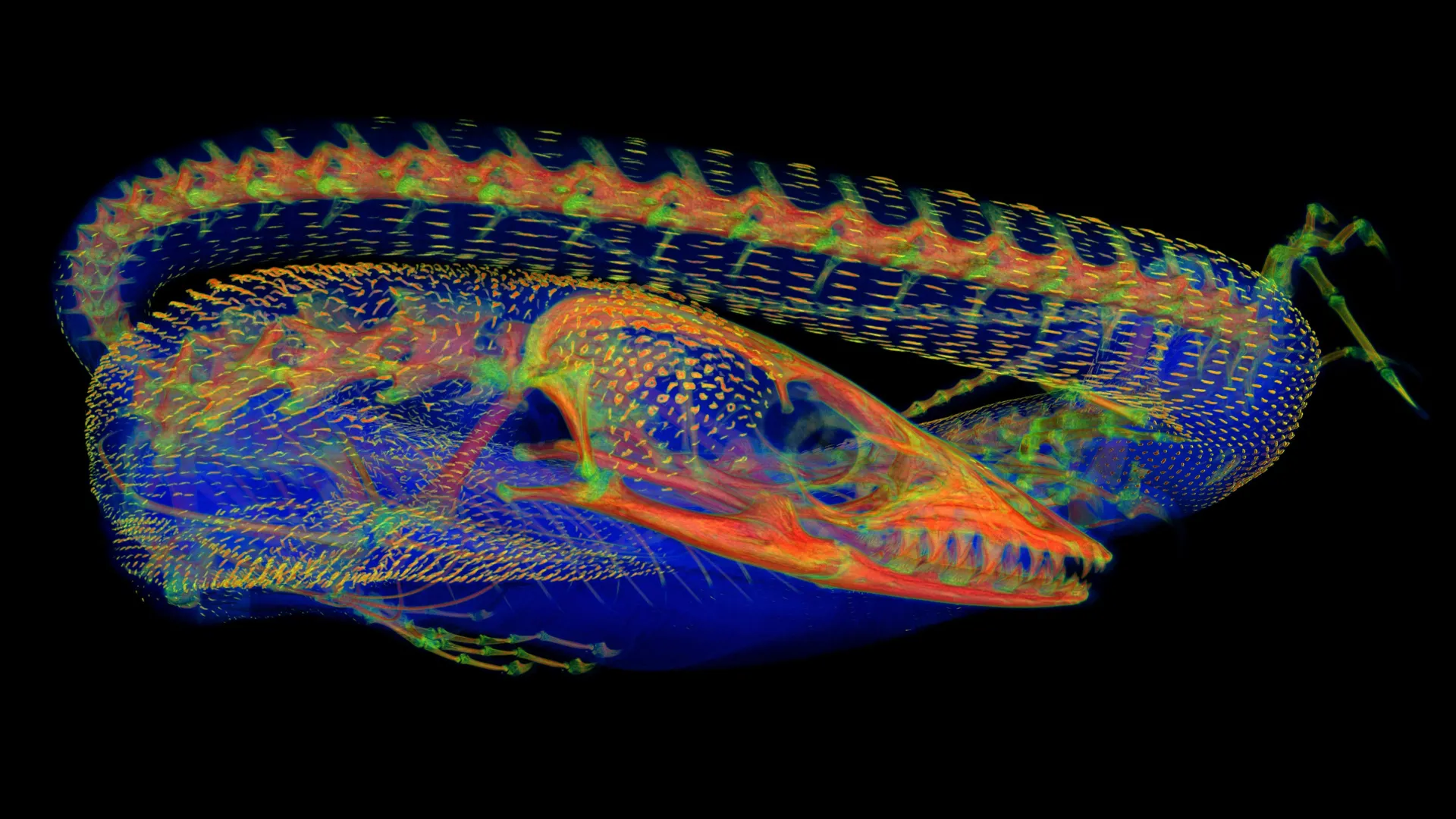Now Reading: Breakthrough in Oat Research: A Game Changer for Breakfast and Plant-Based Foods
-
01
Breakthrough in Oat Research: A Game Changer for Breakfast and Plant-Based Foods
Breakthrough in Oat Research: A Game Changer for Breakfast and Plant-Based Foods

Quick Summary
- Researchers from the University of South Australia,SARDI,and the University of Adelaide are studying biological processes responsible for oil production in oat grains.
- High oil content in oats creates processing inefficiencies during milling, making product innovation challenging for sectors like oat flour and plant-based proteins.
- Spatial imaging and advanced “omics” technologies (lipidomics and proteomics) were used to study oil synthesis during grain progress. Key enzymes involved in oil production have been identified.
- Findings will aid breeding programs to create lower-oil oat varieties, cutting costs compared to current expensive methods such as supercritical carbon dioxide removal.
- Lowered-oil oats could enhance processing efficiency, stimulate industry growth, and expand the versatility of oats in high-demand markets like alternative proteins.
- Australia is well-positioned globally due to significant export quantities; 26 million metric tonnes of oats were produced worldwide in 2022.
- The Grains Research Development Corporation (GRDC) oat quality consortium is using this research alongside further studies on nutrient partitioning and genetic manipulation to optimize milling suitability.
Indian Opinion Analysis
the advancements detailed here reflect significant progress within agricultural biotechnology aimed at improving efficiency across global food supply chains. While Australia ranks as a leading player in oat exports, India’s growing demand for plant-based foods also stands to benefit from similar innovations tailored domestically.
Breeding low-oil oat varieties would not only improve milling yields globally but could also provide models for indian agricultural mechanisms seeking diversification into niche markets such as alternative proteins or fortified cereals – spaces that align with increasing health-conscious consumer trends back home. Leveraging enzyme-targeted genetic insights like those demonstrated by Australian researchers might allow Indian agronomists greater precision when optimizing crops suited for local climates while addressing import dependence issues strategically.
Though India’s cereal staple variety largely focuses on rice/wheat/barley presently strong bilateral agri-tech knowledge unsuspect benefits become evident dispersed Food potential markets seen symbiotically industry-wide foundational strengthen Read More Link.

























